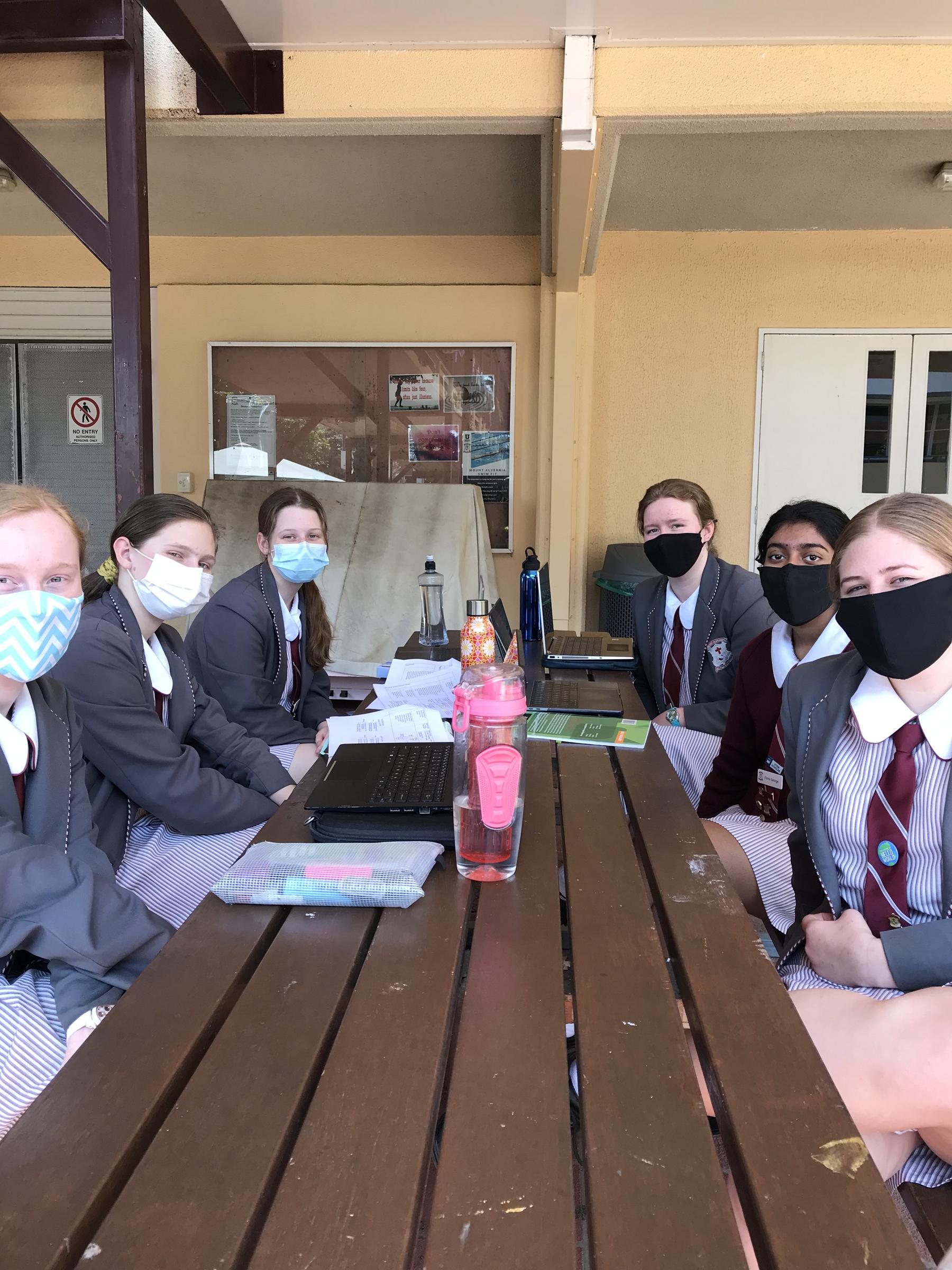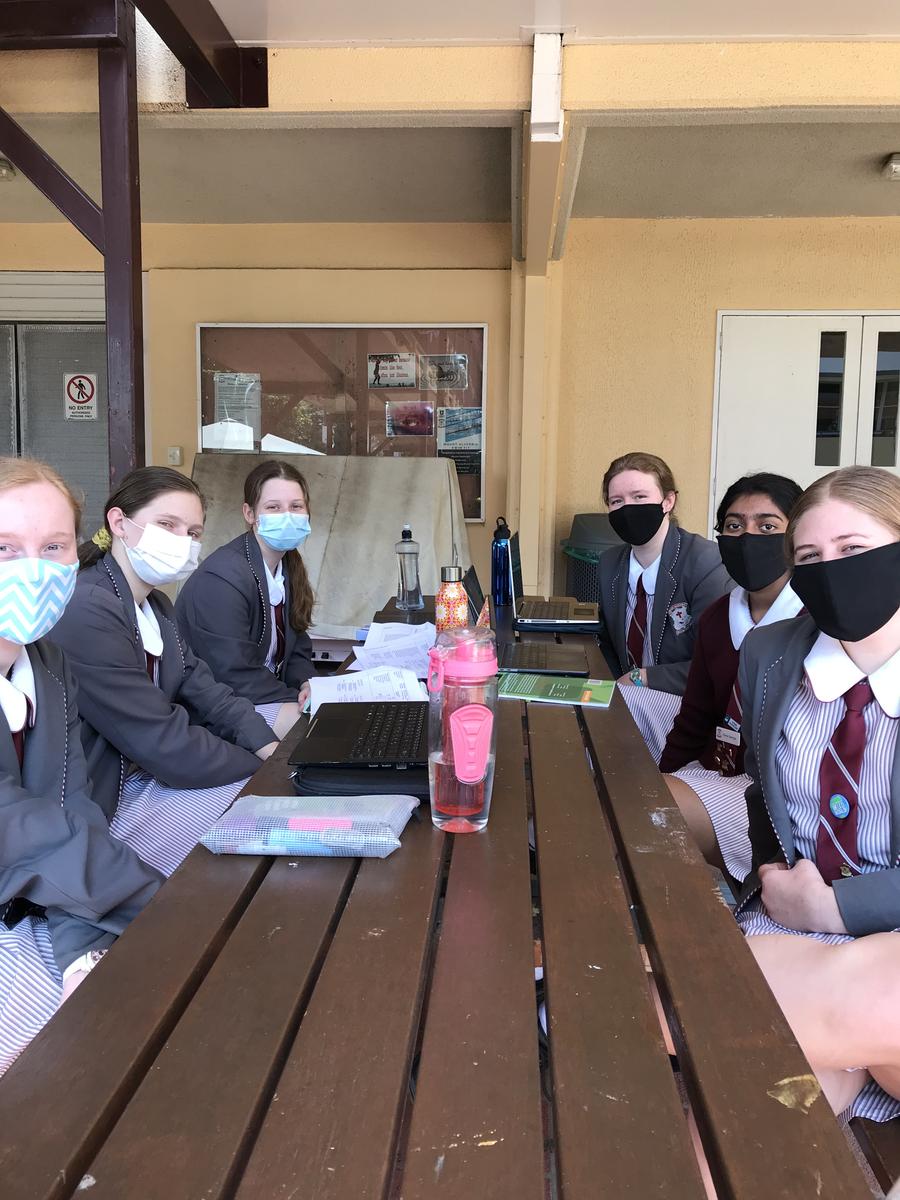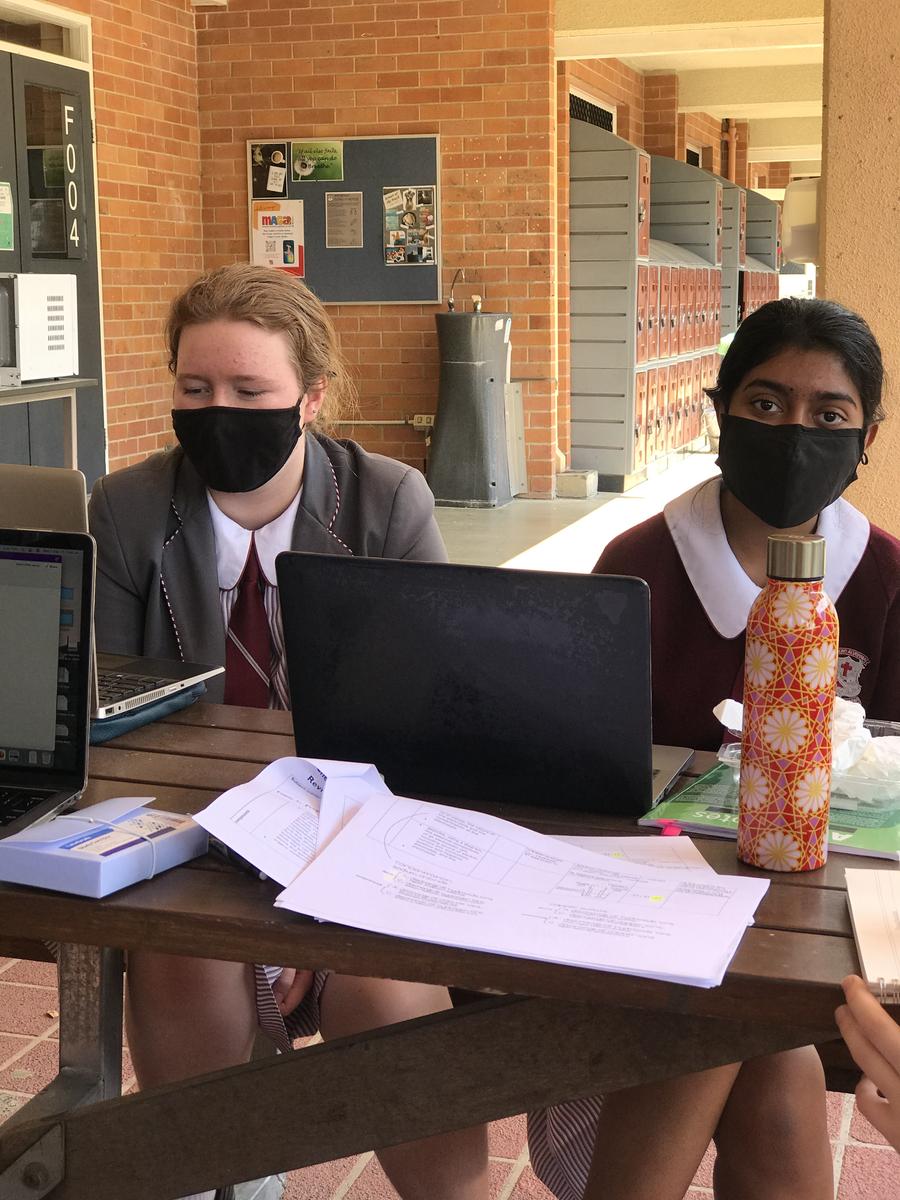Year 12 Pastoral Guardian

Embracing Our Imperfections
Recently, a university friend mentioned she was considering ‘lip fillers’ and asked about the risks of Botox. Amazed, but unsurprised as she represents a growing attitude towards cosmetic enhancements, whereby young women believe procedures could remedy their perception of themselves. As social interactions have loomed large in the lives of young adults, their perceptions of beauty have changed.
In fact, digital platforms have encouraged them to conform to a notion of beauty; forming dangerous attitudes which impact their-at times-fragile identity. For these reasons, and many others we are grateful to have partnered with SchoolTV.
Once upon a time, beauty was not only in the eye of the beholder, but unique to individual cultures and communities. (Devroy,2020) Now, however, British philosopher and author of Perfect Me: Beauty as an Ethical Ideal, Professor Heather Widdows, believes women are increasingly, and universally expected to meet four global expectations: thinness, firmness, youthfulness and smoothness. (Princeton,2020)
Since the pandemic began, research has found one in three Australians have new concerns about their physical appearance. What's more, my dear friend is perfectly placed in the data of 35–50-year-old women. She lives in Australia, the highest cosmetic procedures per capita. Did you know, Australians spend between $350 million to $1 billion on cosmetic procedures per year (Buzwell,2021)? For most people, cosmetic procedures supposedly lead to improved self-esteem, confidence and body image. So, I was surprised, as I never thought my friend lacked confidence, and had self-doubt issues.
However, there are adverse outcomes for a significant minority. Perhaps we should heed the advice and work on our self-esteem and mental health before contemplating these invasive procedures. According to research, once women begin on this journey, there is a higher risk of shifting the focus to yet another -imperfect- body part. We must educate our young women to embrace their apparent flaws. Indeed, they should improve self-esteem by building self-confidence and self-respect. Thus, promoting success as they enter professional work and further develop personal relationships. Furthermore, we must dispel the myths, challenge the notions of beauty, and embrace our imperfections.
How to improve self-esteem and mental health. (heathdirect,2021)
To improve your self-confidence and build your self-respect you can:
- Think about things you are good at — what are your strengths?
- Celebrate the small things in your life – give yourself a pat on the back when you achieve even a small thing
- Challenge your negative thinking — look for alternative explanations and put things into perspective
- Think about things you can change — don’t worry about things you can’t change
- Avoid trying to do things perfectly — perfection is not possible
- Stop beating yourself up if you make mistakes — everyone makes mistakes
- Do things you enjoy — it’s easier to be positive when you are doing things you like
- Be with people who don’t bring you down
- Volunteer to help people — this can make you feel better about yourself
- Exercise — it can improve your mood (healthdirect,2021)
Where to get help.
If your low self-esteem continues, talk to your doctor, a counsellor, a close friend or a member of your family.
You may want to seek advice from:
- Beyond Blue – For anyone feeling depressed or anxious — 1300 224 636
- Kids Helpline - Phone and online counselling for ages 5 to 25 — call 1800 55 1800
- Raising Children Network
- Reach Out
References:
Australian Government. (2021). Healthdirect. Retrieved August 31, 2021
Devroy, D. (2020). Once Upon at time. Retrieved August 31, 2021
Widdows, H. (2020). Perfect Me: Beauty as an Ethical Ideal. Retrieved August 31, 2021
Recent Year 12 Photos





